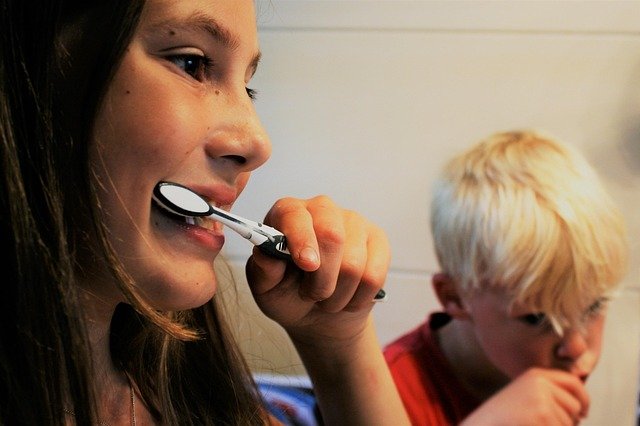Aging Gracefully: A Closer Look at Alzheimer's and Dementia
The world of mental health and aging is complex and often fraught with uncertainty. As we age, our bodies and minds undergo numerous changes, some of which can lead to severe impairments in cognitive function. Two such conditions that have sparked significant interest and concern among the aging population are Alzheimer's disease and dementia. These conditions are not only prevalent among the elderly, but they also represent a significant burden to families and caregivers, making them a crucial area of focus in the realm of geriatric mental health.

Understanding Alzheimer’s and Dementia: A Historical Perspective
The terms “Alzheimer’s” and “dementia” are often used interchangeably, but they represent different concepts. Dementia is a broad term that describes a decline in cognitive function severe enough to interfere with daily life. It can be caused by a variety of conditions, one of which is Alzheimer’s disease. On the other hand, Alzheimer’s is a specific disease that is the most common cause of dementia, accounting for 60-80% of dementia cases.
The history of these conditions traces back to the early 20th century. In 1906, German psychiatrist Alois Alzheimer first described the symptoms and pathological changes associated with the disease that would later bear his name. For decades, Alzheimer’s disease was considered a rare condition, but as our understanding of the disease evolved, so too did our recognition of its prevalence.
The Growing Relevance of Alzheimer’s and Dementia in Today’s Aging Population
The relevance of Alzheimer’s and dementia in today’s society cannot be overstated. According to the Alzheimer’s Association, over 6 million Americans aged 65 and older live with Alzheimer’s in 2021, and this number is projected to rise to nearly 14 million by 2060. Globally, the World Health Organization estimates that around 50 million people have dementia, with nearly 10 million new cases every year.
These rising numbers reflect several factors, including an aging population, better diagnostic techniques, and an increased awareness of these conditions. As life expectancy increases, the number of individuals at risk for Alzheimer’s and dementia increases as well, underscoring the need for ongoing research and effective interventions.
The Impact and Reception of Alzheimer’s and Dementia
The impact of Alzheimer’s and dementia extends beyond the individuals diagnosed with these conditions. It affects families, caregivers, and the healthcare system at large. The role of a caregiver for a person with dementia can be physically and emotionally draining, often leading to increased rates of depression and anxiety among caregivers.
The financial burden associated with these conditions is also significant. The Alzheimer’s Association estimates that in 2021, Alzheimer’s and other dementias will cost the nation $355 billion, not including the countless hours of unpaid care provided by family and friends.
Despite these challenges, there is a growing movement to destigmatize Alzheimer’s and dementia. Increasingly, individuals and families affected by these conditions are sharing their experiences openly, fostering greater understanding and empathy. This shift in societal attitudes, though gradual, is a promising step towards a more supportive and compassionate approach to Alzheimer’s and dementia care.
Unique Insights and Future Directions in Alzheimer’s and Dementia Research
While much about Alzheimer’s and dementia remains unknown, recent research has provided unique insights into these conditions. For instance, studies have shown that lifestyle factors such as diet, physical activity, and social engagement can influence the risk of developing dementia. This has led to a growing emphasis on proactive measures to promote brain health and delay the onset of cognitive decline.
Recent advancements in technology have also paved the way for innovative approaches to diagnosis and treatment. From AI-powered algorithms capable of detecting subtle changes in speech patterns to wearable devices that monitor daily activities, these technologies offer new avenues for early detection and intervention.
Looking ahead, a balanced approach that combines scientific research, technological innovation, and societal support will be critical in addressing the challenges posed by Alzheimer’s and dementia. As our understanding of these conditions deepens, so too will our ability to provide effective care and support to those affected, emphasizing the importance of continued dedication to this cause.
In conclusion, Alzheimer’s and dementia represent a significant challenge in the realm of aging and mental health. By understanding their historical context, current relevance, and future directions, we can better equip ourselves to navigate these complex conditions and support those affected. As we continue to age, let’s strive to do so with grace, understanding, and compassion.




